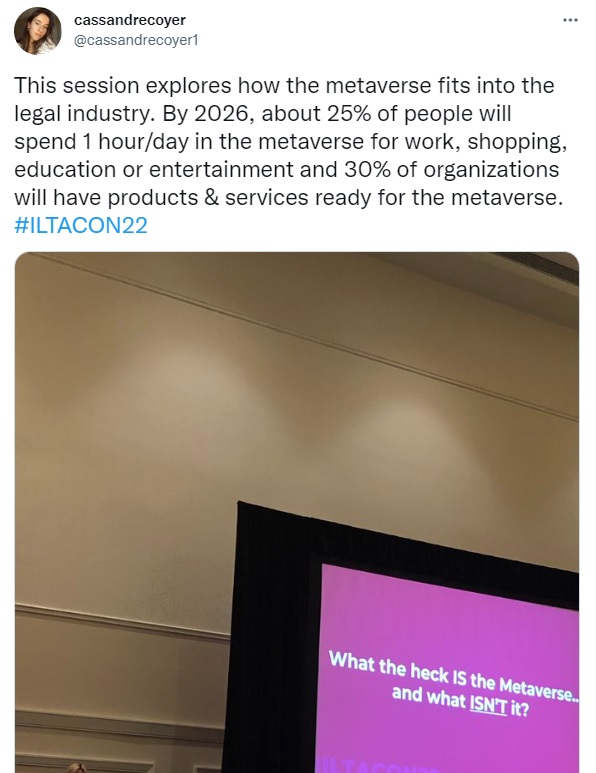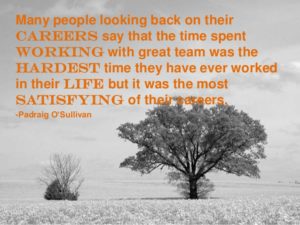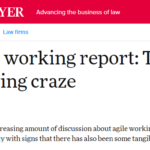To wrap up 2015 I thought I’d post a review of the Legal and Legal IT news throughout the year.
One of the big trends across law firms this year has been mergers, I touched on this trend back in 2009 and the number or mergers and consolidation in the industry continued throughout 2015.
Dentons has been the major news story as its huge growth continued through the year, we had the Dacheng merger in January, talk of McKenna Long & Aldridge joining in April, discussions with Singapore’s Rodyk & Davidson and Australia’s Gadens about tie-ups in November leaving a firm at the end of the year with a possible headcount of around a massive 7000 lawyers. Other large firms continued to grow this year with DLA Piper entering Canada in March and White & Case planning to boost City lawyer count by over 40% as it put London and New York at heart of new strategy in November. BigLaw doesn’t seem to cover these firms anymore, MegaLaw? No probably a bit too Judge Dredd that one!
Some mergers don’t come off though, in November Eversheds and Foley & Lardner broke off merger talks that could have created a £815m ($1.25bn) revenue transatlantic firm. And there were growing pains in others, in November at Norton Rose Fulbright the firm’s management looked to reconnect with City partners after years of rapid overseas expansion. But still this didn’t stop the merger talk and in November Irwin Mitchell and Thomas Eggar unveiled merger plans.
It seems the final shackles of the financial crisis had been thrown off in 2015 as growth was back on the cards or at least in the published figures, so although still an industry under pressure from clients it doesn’t seem to have affected the bottom line. Growth numbers look pretty good against most of the western economies, with 4%, 6% and even out at 7% rises in revenue across law firms according to a Deloitte survey in March. By December the Deloitte survey was still predicting firm fee income rises of nearly 5% in Q2 of 2015-16. Impressive numbers.
PEP was also on the up and into the double figures in some firms with 11% and 12% rises coming through in March figures. BLP posted PEP 22% in June! But not everywhere was rosy, some markets clearly still are ultra-competitive and this saw Hill Dickinson and Holman Fenwick both take revenue and PEP hits. As did DWF as their PEP slid 21% and revenue stayed broadly flat in August figures.
The good times though saw the top firms battle for the best associate pay rise around April/May time with 7% at Linklaters, 8% at Ashurst and 10% at Slaughter and May. White & Case then trumped them all in June with a 20% rise in London associate pay! Not to be outcome in December Slaughter and May associates were in line for bonuses of up to 16% as firms also bumped up rewards.
Was this all driven by a growth in client demand? Possibly as in London, for example, back in February TfL announced a rise in legal spend this year, the first in four years. And the Greater London Authority doubled its spend. But also I suspect a hard look at costs also help the profits in firms in 2015. Freshfields started consultation on a low-cost base in Manchester in February and announced further centres in June to create a global network of centres. White & Case mulled opening European support centres in November. And DLA Piper launched a low cost services centre in Warsaw this November, its third such centre alongside one in the US and one in Leeds.
Law firms were also looking at growing their business in other ways, putting pay to a few speakers talks in 2016? Dentons launched a tech investment arm (NextLaw Labs) in May. There were moves into the contract lawyer space in June as DLA Piper and Addleshaws moved into contract lawyer market with new ventures. DWF also launched contract lawyer, support centre and consulting offerings in June. And finally to top off a changing market KPMG boosted its UK legal capability with a Birmingham launch in September.
Quite an eventful year for law firms in general, what about the Legal IT side of things?
Starting with the stalwarts of Legal IT, Document Management (DMS) and Finance systems.
Back in January SharePoint was on the agenda again as a possible DMS in law firms with Microsoft pushing Matter Centre, by the end of the year though it was open source product. HP Worksite became iManage again with a management buyout and we saw energy back in the firm after many years of being part of a monolith. And Netdocuments continued to grow market share and cloud coverage with Europe and Australian datacentres.
In the finance arena the column inches were mainly full of Elite v Aderant, but in September Baker & McKenzie became the first global law firm to go live with the latest version of the SAP ERP system.
Elsewhere legal project management (LPM) is clearly on the move with a number of products offering support for this discipline, Umbria and Cael as examples. Strange that in the Legal press itself LPM wasn’t hitting the headlines despite strong take up by law firms and interest by clients! Proof again perhaps that contrary to the press and conferences, law firms are quietly getting on with new ways to grow the business?
I couldn’t review this year without mentioning AI (Artificial Intelligence), a marketing teams dream with a whole new “disruptive” technology campaign. 2015 was definitely hello AI, goodbye cloud in the Legal IT zeitgeist. The start of summer saw Ravn launch ACE and by mid-September, Berwin Leighton Paisner confirmed that it had become the first law firm to sign up to RAVN’s Applied Cognitive Engine. We also had US legal tech start up eBrevia has just launched its own AI offering, IBM Watson with Clifford Chance joining the growing number of City firms that work with IBM’s offering. September saw the BBC focus on Intelligent Machines, Riverview Law acquire US tech business to advance use of AI in legal market and AI goes mainstream as LexisNexis acquires Lex Machina in November and December.
The fact that cloud is now out of the news could be that finally its maturing and starting to take off, Netdocuments saw growth and Hill Dickinson kicked off a three-to-five-year IT strategy review that is expected to see a significant further shift towards the cloud.
Document automation was back in the news. Becoming more commonplace across the UK, Ashurst in September became the latest City law firm to sign up with Business Integrity’s ContractExpress solution to automate its legal precedents globally and across all practice areas. And at Clifford Chance in March, two finance lawyers were hired with coding expertise to design a template to allow banking clients to generate their own documents.
Social Media in law firms was in the news in summer as DLA Piper discussed the launch of their internal platform Grapevine.
Dentons appointed a new CIO tasked with integrating their IT after their whirlwind expansion. And we couldn’t finish the write up of 2015 without mention of the debacle at the Law Society. The start of year saw the Law Society of England & Wales endorse Eclipse Legal Systems as the one and only supplier. By end The Law Society of England and Wales’ latest foray into the role of technology supplier ended in disaster after it was forced to disband online conveyancing portal Veyo with losses upwards of £3m. Does it still have sway in Legal IT?
My final thought though for the Legal IT world in 2015 is where is the big push into mobility, business support workflow and “standard IT” that supports lawyers? Law firms are definitely looking at this, but what about the Legal IT vendors? Some show hints of the above and that they’re starting to get it. Will this be the real news in 2016 or will the marketing teams win and continue to sell us the promise of a disruptive world and robots replacing lawyers?
A big thank you to Legal Week , Legal IT Insider and Legal IT Professionals invaluable resources in researching the news from 2015 for this blog post!










